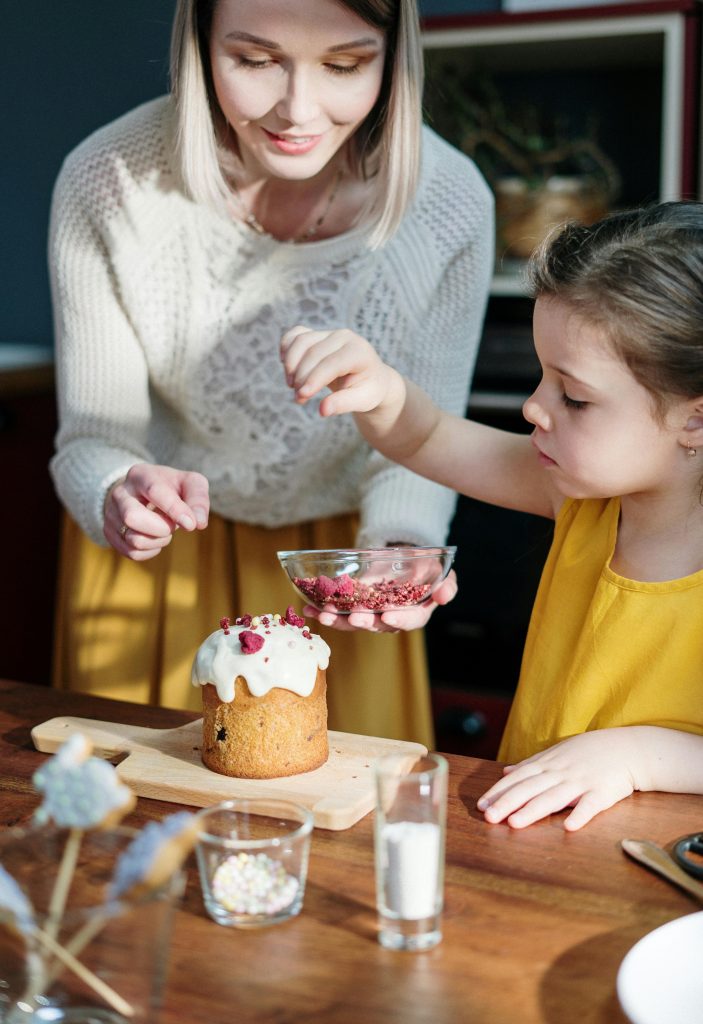All fields are required
Posted in E. coli,Our Blog on July 17, 2024

Imagine being an 11 year old just baking a cake and taking a taste of the batter. Unexplained symptoms develop and then being told that there is an E. coli infection that has been linked to the cake batter and the infamous taste of the batter. Did you know that E. coli illness linked to cake batter could be the culprit? Read more below:
A happy, curious, and active 11-year-old recently found herself at the hands of dangerous Ecoli. She loves baking for her family with her mom.
One Saturday night in July 2021, this little sweetheart told her mom that she wasn’t feeling well and was having sharp stomach pains. At first, her mother thought it might be strep throat, since it wasn’t unusual for the child to experience stomach pain with strep or a sore throat. As the weekend went on, her symptoms worsened, and she couldn’t sleep from the pain. On Monday, her mother took her daughter to the doctor, where she was given antibiotics and sent home. However, it soon became clear to her mother that her daughter’s illness was much more serious when her symptoms got worse.
As a parent and a nurse, her mother was desperate to soothe her daughter’s severe pain, but over-the-counter pain medicines weren’t helping. Her family took her to a second doctor for more tests and eventually headed to the emergency room. Doctors diagnosed the child with an E. coli infection. Her infection was so serious that she was admitted to the hospital, where she stayed for three days. “It was really scary. When we finally took her to the hospital, she was crying, and wouldn’t stop crying. I just wanted someone to fix her,” said her mother.
While the child was in the hospital, her mother got a call from the local health department. They told her that her daughter’s E. coli infection was part of a multistate outbreak linked to cake mix that made 16 people sick in 12 states. “That’s when they started asking me about cake mix,” her mother recalled. “I would not have even thought about that.”
The child baked a cake the week before her symptoms started, but before putting the cake in the oven, she tasted some of the raw batter. “I knew you could get sick from raw eggs, but I would have never thought flour in cake mix,” said her mother.
Outbreaks from flour, a raw ingredient in cake mix, have happened before. In 2016 and 2019, CDC investigated E. coli outbreaks linked to flour that led to over 80 people getting sick and 20 people hospitalized. Raw ingredients, like flour and eggs, in cake batter and dough can contain harmful germs that can make you sick. E. coli infections can be serious, especially for children who are more likely to develop severe illness.
After she was released from the hospital, it took some time for the hcild to fully recover from her infection. “It was scary. She was just praying that she would make it through,” said her mother. Thankfully, the child made a full recovery and is back to enjoying sports and the outdoors with her family
We can all be thankful that people are out here to share their story and spread awareness wide and far. E. coli is absolutely something that no one wants, but sometimes doing something that we don’t even think can be dangerous can turn into a serious situation. Here are some safety tips about batter and dough:
Follow Make Food Safe for more tips and tricks to make baking with your family a fun experience for everyone involved. You can also find out more about E. coli infections on our blog.
By: Samantha Cooper